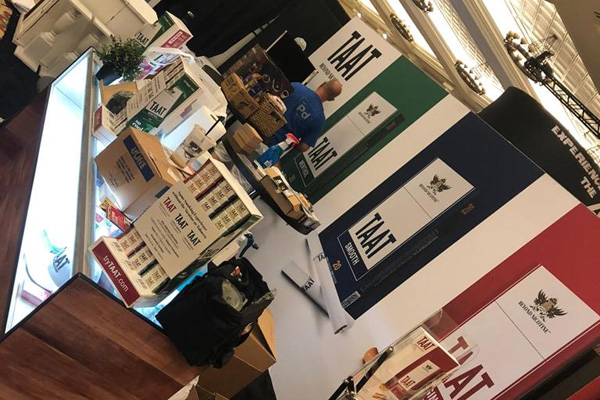
The Dutch government’s public consultation period for a potential ban of flavored vaping products will close Sept. 28, reports Vaping360.
The new rule would ban all e-liquid flavors except tobacco and is scheduled to take effect Jan. 1, 2023. However, products already on the market by Dec. 31 can be sold until July 1, 2023.
The Dutch National Institute for Public Health and the Environment and the Ministry of Health have proposed a list of just 16 ingredients that would be allowed in legal tobacco-flavored e-liquids.
Dutch vaping industry advocates claim the ingredient restrictions will essentially put all e-liquid manufacturers in the Netherlands out of business.
The comment period is open to the public, and Dutch e-cigarette advocates are asking consumers from the Netherlands and elsewhere to share their thoughts on the Dutch government’s e-cigarette consultation webpage.
Previous efforts to ban flavored vapes in the Netherlands have failed.


















